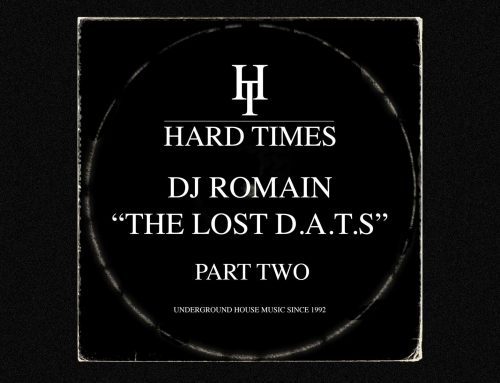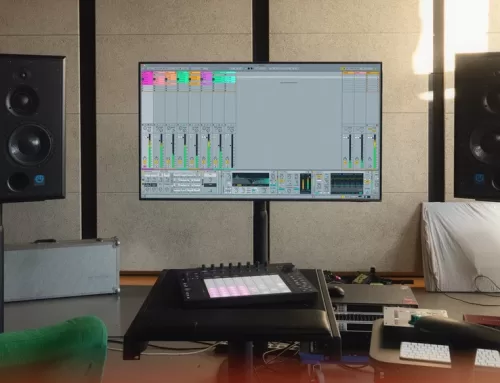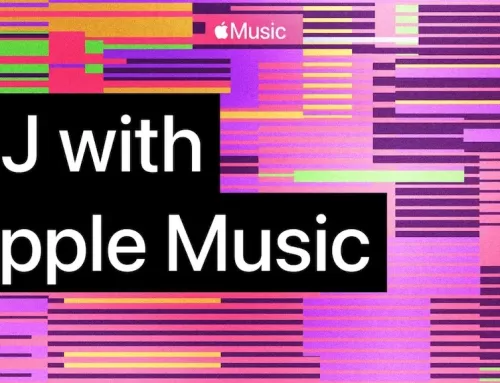
In the last issue of 5 Mag, I wondered if Mixcloud had finally figured out a working business model for DJ mixes on the internet. Other services have worked on making mixes legal – clearing rights and ensuring that rightsholders are paid up and okay with it.
But none of that really helps the DJ at all. It’s still “free work” (less than free if you’re paying for a SoundCloud account to upload them) – just “free work” that someone might not strike off with a takedown notice.
Mixcloud’s new Mixcloud Select program, on the other hand, promised to put a few bucks in DJs pockets.
“Mixcloud Select essentially works like Patreon,” I wrote, “the direct-to-creator service that became a solution for independent artists struggling to support themselves despite building a large or intense audience. With Mixcloud Select, fans are able to ‘subscribe’ to individual DJs, podcasters or radio shows for a set fee per month – they recommend about $2.99. In return, they support the programming they love, the people that make it and get a variable amount of exclusives (exclusive mixes, behind the scenes podcasts, etc.) or simply first access (similar, really, to how a 5 Mag membership works).”
You’re not reading that story about Mixcloud’s promising new model now, though. Before I had a chance ot publish it here, Mixcloud suddenly changed the rules again. This time they’re taking aim at their listeners by introducing (“transparently” they say) new restrictions on using the service.
“In the coming months,” Mixcloud’s co-founders wrote in a just-published post on Medium, “this free playback streaming experience on Mixcloud will become slightly more limited. It’s important to us that, as a member of our community, you understand why.”
The answer is money. And I think this is going to be a change that will have a far-reaching impact on Mixcloud’s audience – a counterproductive one.
First, the restrictions:
- Free listeners will only be able to seek forwards (not backward) while listening to a show.
- Free listeners will be able to listen to the same show maximum 3 times in a rolling two-week window.
- Free listeners will not be able to listen to shows that feature more than 4 tracks by the same artist or more than 3 tracks from an album.
Think about this practically: none of these limits are probably limits on the behavior you’ve ever engaged in. Most people don’t listen to a mix 3 times in a fortnight. Most people don’t rewind – they scan forward (though this is not true of podcasts or shows with a spoken portion. People rewind those all the time.) And the third one was already more or less soft-coded into Mixcloud (and was actually one of the more annoying limitations of the platform: it didn’t make allowances for length and genre. We have a DJ Godfather mix that is practically inaccessible on Mixcloud because he plays more than 3 of his own productions. Being ghetto tech, it also has a tracklist nearly 40 tracks long.)
To remove these limitations, you can buy a new Mixcloud Premium service – essentially, a $7.99 monthly subscription. That’s a little cheaper than SoundCloud but not by much.
Why is this bad?
Mixcloud already has a fraction of the audience of SoundCloud. No numbers are completely accurate (including those published by platforms themselves), but I’ve always gone through Android installs as recorded in the Google Play store for an indication of how popular service is.
SoundCloud’s Android app has 100,000,000+ installs.
Mixcloud’s has just 5,000,000+.
SoundCloud’s audience is gigantic in comparison to Mixcloud (and Spotify is obviously even larger – 500 million+). You would think Mixcloud would be eager to increase that audience size – and I believe they are, though they have revealed no plans of how they intend to increase it. And this imposing listener restrictions – just the knowledge that they are there – is going to decrease it.
Just knowing there are limitations at Mixcloud – would you say that makes you more or less likely to go there?
They’re clearly counting on the DJs getting paid by the Mixcloud Select program to draw their fans, but if the same sounds are available on both SoundCloud and Mixcloud, I’m probably going with the one that isn’t going to throttle my listening.
And will the DJs stay on Mixcloud? I’m not sure they will. To actually make a measurable amount of money from Mixcloud’s “Select” program that I described above, DJs have to have a substantial volume of fans present on the platform. I broke down the math this way:
“How the revenue split works to take copyright holders into account is interesting. Of the initial monthly pledge (let’s say $3 to make the math easy), artists and songwriters take 65%, 5% is assigned to transaction fees and the remaining 30% is split 60/40 in favor of the DJ and Mixcloud. So from a $3 monthly pledge, about $0.54 is remitted to the DJ.”
That means you need 1,000 fans paying $3 a month to make $500.
If you’re in a position to have that many paying fans, I suspect $500 may not move the needle for you.

Mixcloud needs to double or triple its audience to make that work. I’m not sure that throttling listeners who haven’t yet made the decision to pay them will get them. I totally understand the idea, especially as Mixcloud largely avoided the kind of OD on venture capital that poisoned SoundCloud and nearly drove the company into bankruptcy.
But this leaves DJs who haven’t join the Mixcloud Select program on their platform in an interesting position. Mixcloud hardly incentivized DJs in the past to join their older revenue stream – the “Pro” program. The price for uploaders to join was about the same as a SoundCloud monthly subscription, and the benefits were few.
5 Mag actually just upgraded our account to Pro last month – mainly because of wariness of some of SoundCloud’s behavior and to just try it out. With this move, we’re probably going to re-evaluate and potentially end paying Mixcloud. It’s not really worth it to pay SoundCloud’s prices for a fraction of SoundCloud’s audience – an audience that may start dwindling even further.





Leave A Comment
You must be logged in to post a comment.